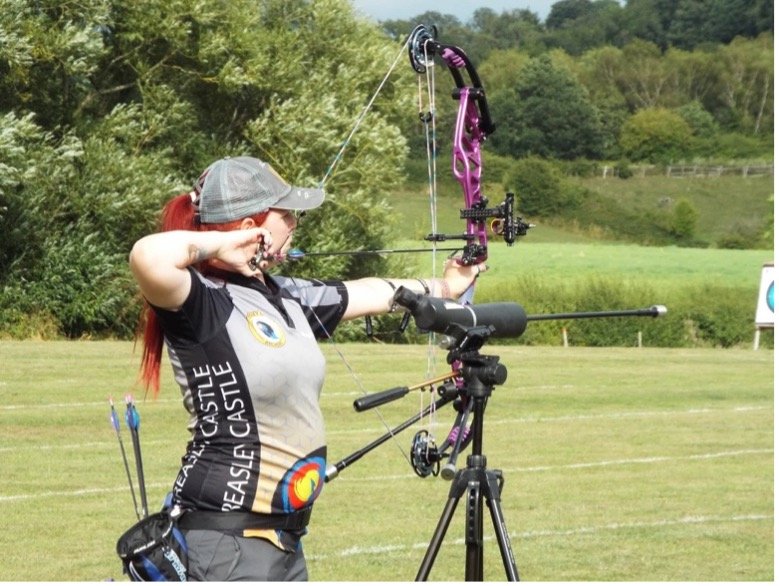Bringing Neurodiversity Awareness to the Archery Field
Neurodiversity is the idea that people experience and interact with the world in many different ways, and that these differences – in thinking, learning, attention, and sensory processing – are a natural and valuable part of human variation. Embracing neurodiversity therefore means recognising and celebrating these differences, while removing barriers that may limit inclusion. It’s an approach that benefits everyone, whether in schools, workplaces, or even on the sports field.
Training on neurodiversity can help build understanding, reduce unhelpful assumptions, and equip people with practical strategies to create more inclusive environments. In sport, this can mean spotting and addressing hidden barriers, adapting coaching methods, and ensuring that everyone – regardless of how they think or learn has the opportunity to take part, develop their skills, and feel a sense of belonging.
Natasha Orton, a Positive Behaviour Support (PBS) Practitioner in PSG’s BICS service in Nottingham – and an accomplished archer in her spare time – recently brought together her professional expertise and her love of sport to put the principles of inclusion into practice.
Earlier this year, she was invited by the Nottinghamshire Archery Society to deliver a training session at their County Coaching Conference on neurodiversity. The goal was to equip coaches with the knowledge, understanding, and confidence to support neurodivergent athletes in ways that are both respectful and effective.
One major focus of the training was to explore the different ways in which neurodiversity can present, while examining the strengths as well as the challenges that neurodivergent people may encounter in a sporting environment. Natasha also shared practical advice on making reasonable adaptations, using flexible communication styles, and recognising the value of diverse learning preferences and processing styles – all aimed at creating an environment where every athlete can thrive.
A key part of the training also came from weaving in the lived experiences of neurodivergent individuals. These voices brought authenticity and depth, helping coaches see beyond assumptions and appreciate the real impact that small changes can have.The feedback was overwhelmingly positive, with participants reporting an increased understanding of how to adapt their approach. As Natasha reflected:
“When we adapt to support the individual, we don’t just improve their experience – we make archery more inclusive for everyone.”
This session is a great example of how specialist knowledge from the PBS field can be applied far beyond health and social care – opening doors, breaking down barriers, and helping communities embrace the richness of neurodiversity.

